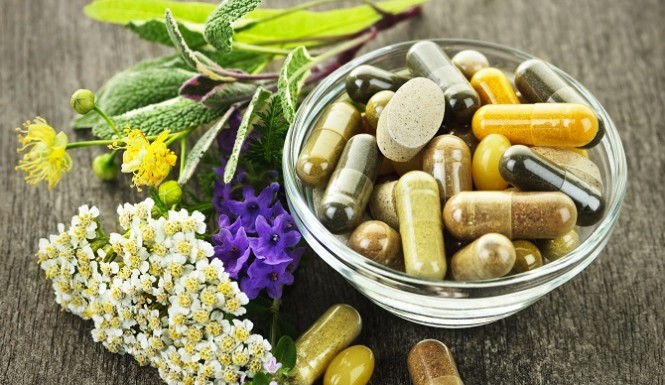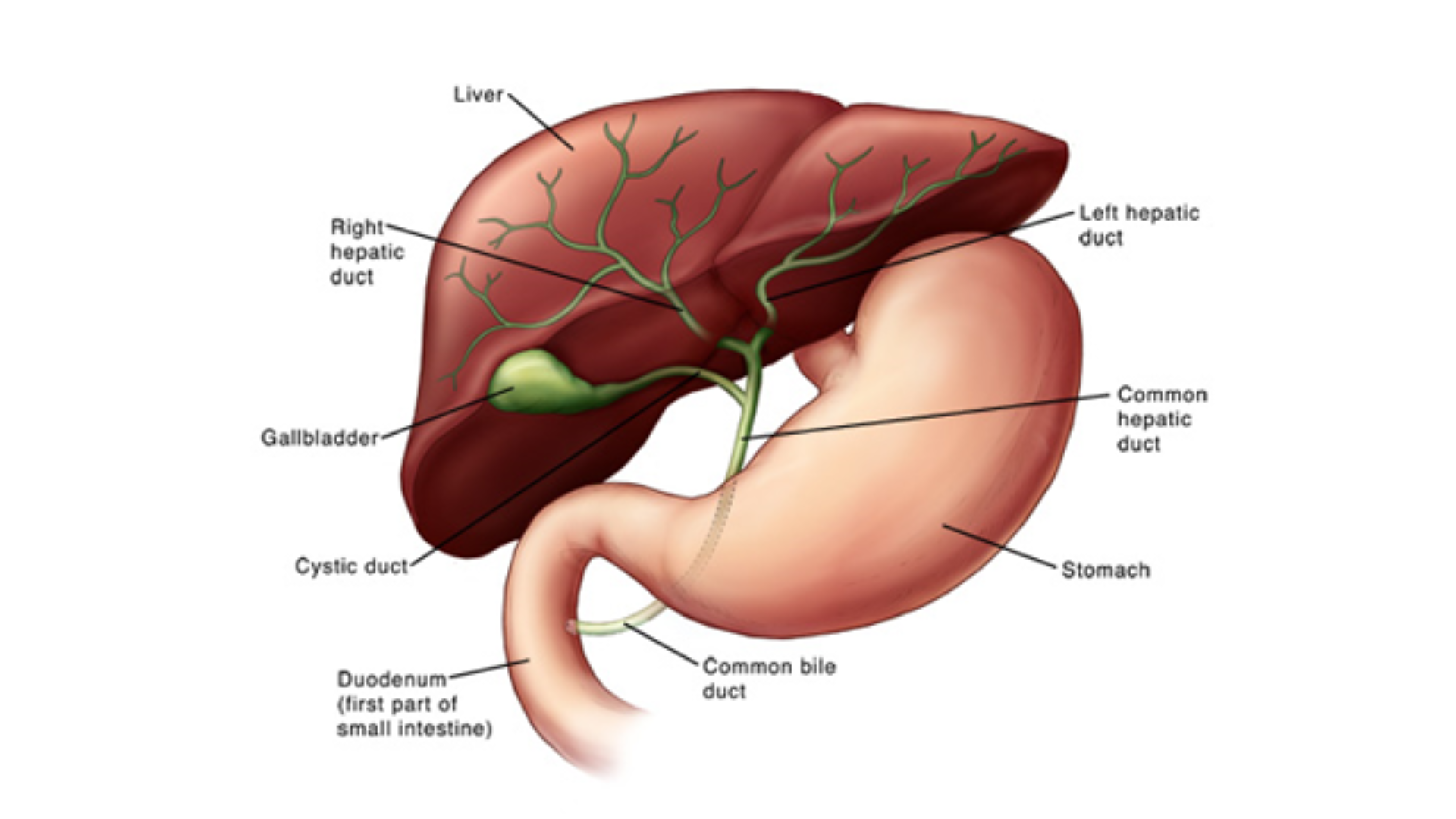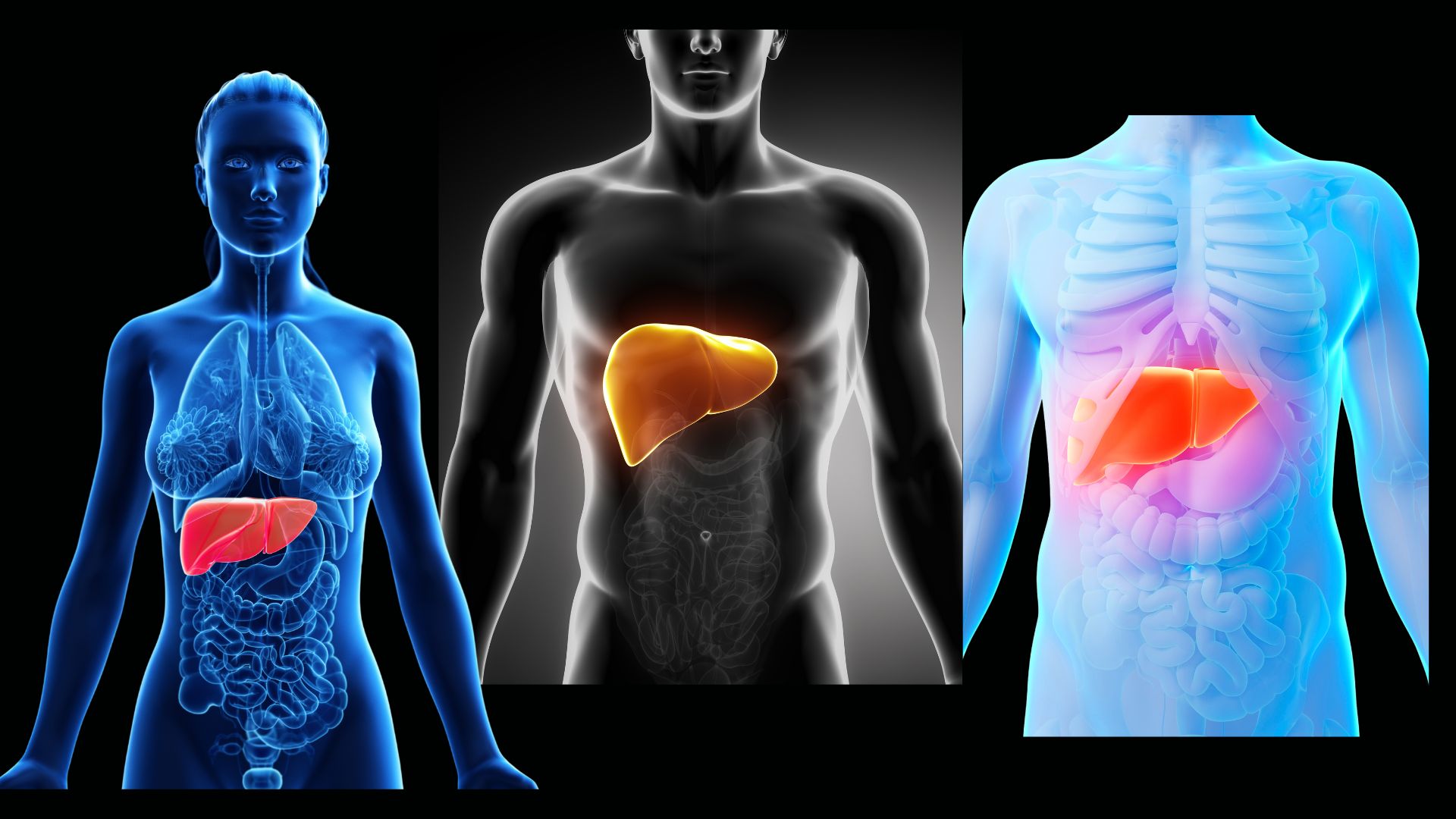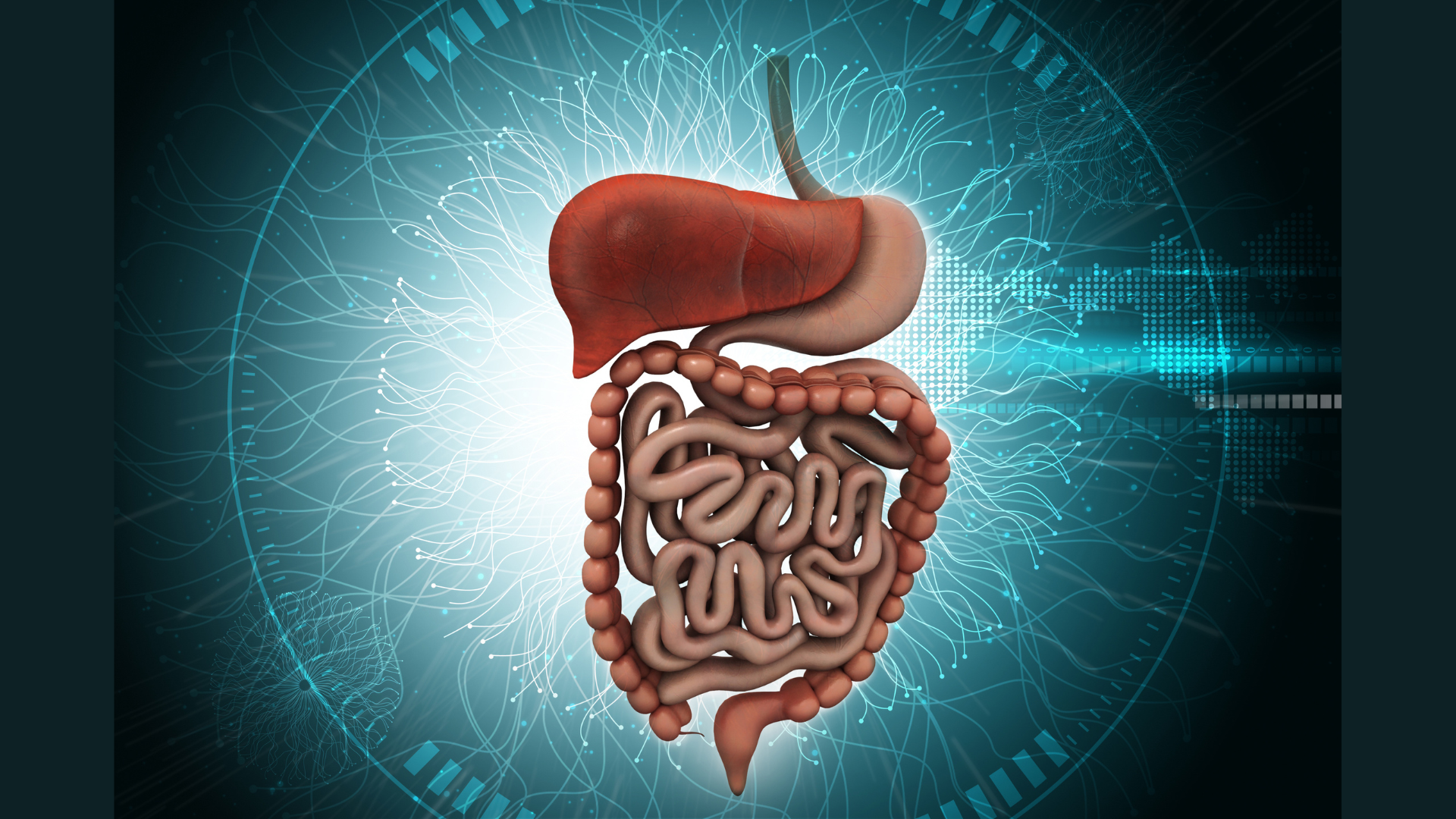Full Body Detox - Full Guide and Info
Full Body Detox - In an age where daily exposure to pollutants, processed foods, and stress is unprecedented, the concept of full body detoxification has garnered significant attention. Advocates like me know that supporting the natural processes of detoxification can help enhance overall health and increase energy levels by helping the removal of waste like metabolic toxins and environmental pollutants. But what, exactly, is a full body detox, and how does one embark on this endeavor? This comprehensive guide explores the science, methods, and potential benefits of full body detoxification.

What is Body Detoxification?
Detoxification, or detox, refers to the process of eliminating toxins from the body. These toxins can originate from various sources, including environmental pollutants, chemicals in food and beverages, and metabolic byproducts that the body creates on its own. Our bodies are designed to naturally detoxify harmful substances through organs such as the liver, kidneys, and skin.
Unfortunately, these systems become overwhelmed, and just like any other body function, detoxification requires that we follow certain practices to support the systems and organs needed to help clear waste. But if our bodies are designed to do these things, why do we need to support them?
Our bodies were also designed to maintain homeostasis and remain healthy, but we must work to support those functions, as well. But we must follow certain lifestyle practices to stay fit, lose weight, gain muscle or have more energy. If we overeat on a regular basis, we gain weight and need to follow a special diet with exercise to lose it. If we eat too many of the wrong foods and not enough healthy foods, we become more susceptible to illness and lifestyle diseases like kidney and cardiovascular or obesity.
The goal of doing a full body detox is to support the body’s ability to detoxify and remove waste. Certain lifestyle habits greatly contribute to this including diet and herbal supplements. But it’s good to know a little background, first.

The Role of the Liver
The liver is the primary organ responsible for detoxification. It metabolizes toxins and converts them into harmless substances that can be excreted from the body. The liver's detoxification process involves two phases: Phase I and Phase II. Phase I entails the breakdown of toxins into intermediate metabolites, while Phase II involves conjugation, during which these metabolites are further processed to be safely eliminated.
The Kidneys' Function
The kidneys filter blood to remove waste products and excess substances, excreting them as urine. They play a crucial role in maintaining the body's internal environment, and their function is vital for a successful detoxification process.
Skin and Sweat
The skin, the body's largest organ, plays a role in detoxification through sweating. Sweat glands excrete waste products, aiding in cleansing the system. Because of this, activities that promote sweating, such as low-level exercise and sauna sessions are often incorporated into detox programs.

Benefits of a Full Body Detox
The benefits and motivations behind undertaking a full body detox vary among individuals. Common reasons include:
- Eliminating toxins accumulated from processed foods, alcohol, and environmental pollutants.
- Boosting energy levels and enhancing overall vitality.
- Supporting weight loss and improving metabolic functions.
- Improving skin health and achieving a clearer complexion.
- Enhancing mental clarity and reducing stress.
- Alleviating digestive issues and promoting gut health.
Popular Detox Methods
Numerous methods exist for undertaking a full body detox, each with a unique approach and benefits. Here are some of the most popular methods:
Juice Cleanses - Juice cleanses involve consuming only fruit and vegetable juices for a specified period, typically ranging from a few days to a week. These cleanses are believed to inundate the body with vitamins, minerals, and antioxidants while providing the digestive system with a respite.
Fasting - Intermittent fasting and extended fasting are popular detox methods. Intermittent fasting alternates periods of eating and fasting, while extended fasting involves abstaining from food for 24 hours or more. Fasting is said to promote autophagy, a process in which the body cleans out damaged cells and regenerates new ones.
Herbal Detoxes - Herbal detoxes utilize various herbs known for their detoxifying properties. Commonly used herbs include milk thistle for liver support, dandelion root for kidney function, and burdock root for blood purification. These herbs can be consumed as teas, supplements, or tinctures.
Dietary Changes - Adopting a detox diet involves eliminating processed foods, sugar, caffeine, and alcohol, and focusing on whole, organic foods. Such diets emphasize fruits, vegetables, nuts, seeds, and lean proteins. Drinking ample water is also crucial to support the body's natural detoxification processes.
Colon Cleansing - Colon cleansing focuses on removing waste and toxins from the colon. Methods include colonic irrigation, in which the colon is flushed with water, and the use of fiber supplements and laxatives. Proponents believe that colon cleansing can improve digestive health and overall well-being.
However, it should be noted that colon cleansing is NOT detoxification. Detoxification is more on a metabolic level and takes place as the kidneys filter urine or the liver alters the chemistry of toxins, rendering them harmless and easier to remove. Cleansing is the mechanical act of removing waste, such as through a bowel movement or removing toxins through the lymph.
Both should always be taken into consideration when doing a full body detox. As detoxification is important allowing your body to neutralize and kill toxins (including metabolic, environmental and even on a cellular level such as bacteria and parasites), ensuring the body safely removes this waste is just as important.

Potential Benefits
Some studies suggest that specific detox practices may offer health benefits. For example, intermittent fasting has been linked to improved metabolic health, and certain herbs have been shown to support liver function. Additionally, eliminating processed foods and increasing fruit and vegetable intake can lead to better nutrition and health outcomes.
Potential Risks
Detox programs are not without risks. Extreme fasting or prolonged juice cleanses can lead to nutrient deficiencies, muscle loss, and metabolic issues. When done incorrectly, colon cleansing procedures may disrupt the balance of gut bacteria and cause dehydration. It is essential to approach detoxification with caution and consult with healthcare professionals before embarking on any extreme detox regimen.
One of the safest ways to do a full body detox is to slowly ease into a cleanse program. Do not make too many changes at once and allow your body time to adjust. Additionally, you should make sure you are consuming enough high quality nutrition that your body can absorb, because your organs need extra strength to perform the extra work of detoxification and cleansing, as opposed to everyday survival.
Creating a Safe and Effective Detox Plan
If you decide to pursue a full body detox, it is crucial to create a plan that is safe, balanced, and tailored to your individual needs. Here are some steps to consider:
Consult with a Healthcare Professional
Before starting any detox program, consult with a healthcare professional, especially if you have underlying health conditions or are taking medications. They can provide personalized advice and help you avoid potential risks.
Set Realistic Goals
Determine what you hope to achieve with your detox plan. Whether it is improved energy, weight loss, or better digestion, having clear goals will help you stay focused and motivated.
Choose the Right Method
Select a detox method that aligns with your goals and lifestyle. For example, most people cannot jump into a water or juice fast without proper preparation. If your body isn’t ready, health issues may be created.
Stay Hydrated - Drinking plenty of water is essential for supporting the body's detoxification processes. Aim for 6-8 glasses of water per day and consider incorporating detoxifying beverages like herbal teas.
Prioritize Nutrition - Ensure that your full body detox plan includes a variety of nutrient-dense foods. Focus on consuming plenty of fruits, vegetables, lean proteins, and healthy fats to provide your body with the essential nutrients it needs.
Listen to Your Body - Pay attention to how your body responds to the detox process. If you experience any adverse effects such as dizziness, weakness, or severe discomfort, it is important to stop and seek medical advice.
Eat a Balanced Diet that Promotes Detoxification - Focus on consuming a diet rich in whole, unprocessed foods. Incorporate plenty of fruits, vegetables, whole grains, lean proteins, and healthy fats into your meals. And of course, avoid sugary treats, white flour, sodas and alcohol during your program.
Moderate Activity - Regular physical activity promotes sweating, which helps eliminate toxins through the skin. Aim for at least 30 minutes of moderate exercise most days of the week. Also, note that intense exercise is not ideal during a full body detox program, as it might contribute to a greater amount of metabolic toxins while draining your energy away from the detoxification processes.
Practice Mindfulness - Stress can negatively impact the body's detoxification processes. Incorporate mindfulness practices such as meditation, deep breathing, and yoga to manage stress and support overall well-being.
Get Adequate Sleep - Sleep is essential for the body's natural detoxification processes. Aim for 7-9 hours of quality sleep each night to support optimal health.
Conclusion
A full body detox can be a valuable tool for resetting and rejuvenating your health. By understanding the science behind detoxification, choosing safe and effective methods, and incorporating healthy practices into your daily life, you can support your body's natural ability to cleanse and thrive. Always approach detoxification with caution, and remember that the foundation of good health lies in a balanced diet, regular exercise, adequate hydration, and stress management.




